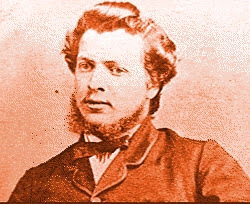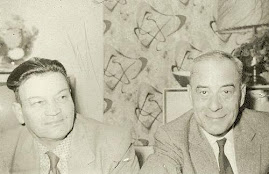http://www.nationtalk.ca/modules/news/article.php?storyid=8709
The Institute of Urban Studies in collaboration with Manitoba Urban Native Housing Association EXECUTIVE SUMMARY
The recommendations and strategy advanced within this document are the result of a series of consultations that included the Manitoba Urban Native Housing Association membership, the general public, Canadian Aboriginal housing providers and a review and assessment of relevant documents.
Above all, this report was guided by the need to protect and enhance access to quality affordable housing for Aboriginal persons and families in Winnipeg.
Some of the key findings of this report include the fact that MUNHA organizations collectively represent a tremendous asset within Winnipeg. It is estimated that the assessed value of the MUNHA housing stock is approximately $44 million dollars with a market value that could range from $50 – $70 million.
The value of the housing stock is however undermined by the estimated $12 million that is needed to make repairs to an aging stock that needs greater repair. This is further exacerbated by the fact that a high percentage of units exceed 100 years, requiring more and extensive upgrades and repairs.
One of the key drivers of the current challenge is also dealing with the high demand for MUNHA housing in Winnipeg and as a result, for every unit of housing that is currently occupied, there are an additional two persons on a wait list (this does not count their families).
The End of Operating Agreements
Simply put there is no greater uncertainty than that of the end of operating agreements. All MUNHA members will and are facing the end of operating agreements. Those who currently receive subsidies greater than their mortgage will need to develop a strategy to deal with this.
The challenge in the operating agreements is that they will expire slowly over the coming decades, ending in 2040.
No housing plan or strategy can be fully developed nor implemented without some means to better understand the impact of end of operating agreements on individual MUNHA members and on individual properties.
The Current MUNHA Housing Stock
Collectively, the MUNHA members operate about 950 units within the city of Winnipeg. However, with a forecast population growth of 34,000 or a percent change in population of 58 percent between now and 2026, the need to expand the available number of units within Winnipeg will need to grow. This report suggests that conservatively 400-600 units would be needed to maintain the existing capacity.
A challenge facing the MUNHA membership is not only that of end of operating agreement but also that of maintaining an older stock of housing that will continue to require substantive capital investment.
Many of the MUNHA units are single family detached which also makes capital investment more challenging and expensive. The importance of the capital reserve fund will continue to play a central role and one that will likely become even more important as the units continue to age.
Exacerbating the capital investment situation is the fact that when all mortgages expire on MUNHA housing approximately one third of the stock will be over 100 years old, making the need to have a replacement strategy critical.
DOWNLOAD FULL REPORT.
Wednesday, April 23, 2008
The Manitoba Urban Native Housing Association is pleased to announce the completion of the ‘Winnipeg Aboriginal Housing Plan’
Posted by
MetisMama
at
10:06 AM
![]()
![]()
Subscribe to:
Post Comments (Atom)





No comments:
Post a Comment